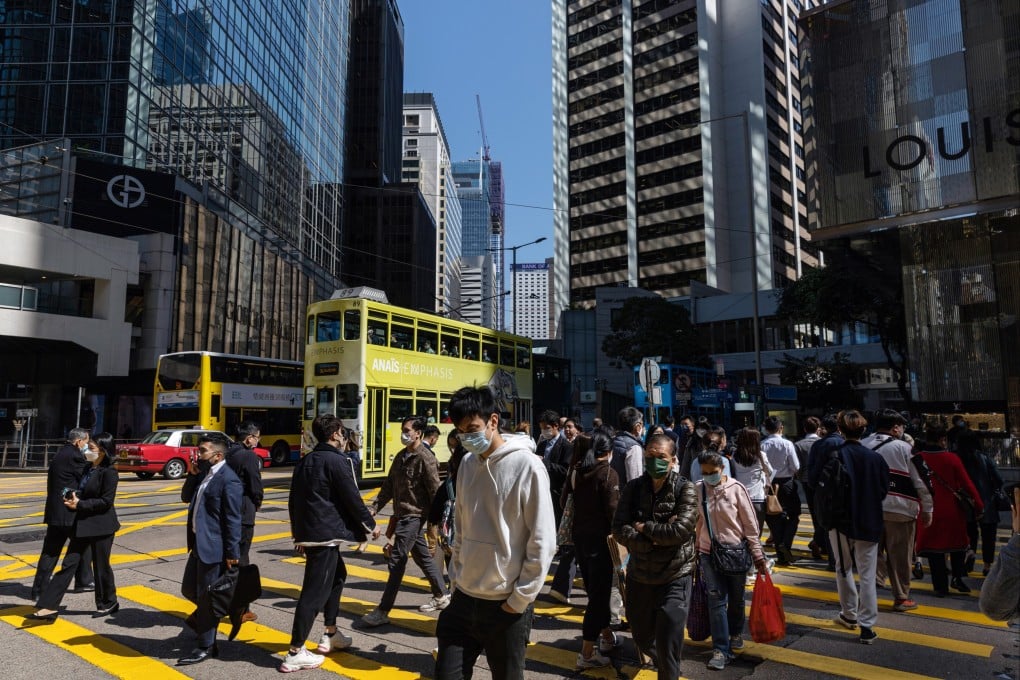Advertisement
Macroscope | What Hong Kong needs for the exciting budget ideas to take off
- In a word: collaboration. From universities to professionals to the government, there must be better collaboration across sectors and disciplines
- The work that led to the world-first launch of tokenised green bonds is an inspiration and example
Reading Time:3 minutes
Why you can trust SCMP

The 2023-24 budget has the potential to advance Hong Kong’s interests if its many plans and projects can be carried out with a collaborative, future-forward mindset.
Financial Secretary Paul Chan Mo-po is right to concentrate on meeting the city’s development needs, considering people’s hardships after three years of pandemic pressure, and also in the face of intense competition from other economies and gusty geopolitical winds.
One source of competition is Chinese mainland cities. Hong Kong must catch up where it is weak and contribute where it is strong, since servicing mainland development is a key growth area for the city.
Advertisement
Hong Kong’s main advantage over mainland cities is that it can serve the Asia-Pacific and further afield because of its long-standing international reach.
While the West has traditionally been Hong Kong’s business focus, this is changing as the economies in Southeast and South Asia, Central Asia, the Middle East, Africa, and South America expand.
Advertisement
Hong Kong’s diversity and depth of services can complement the needs of emerging economies, provided our professionals are willing to learn how those markets work and do the leg work to build new relationships.
Advertisement
Select Voice
Choose your listening speed
Get through articles 2x faster
1.25x
250 WPM
Slow
Average
Fast
1.25x
